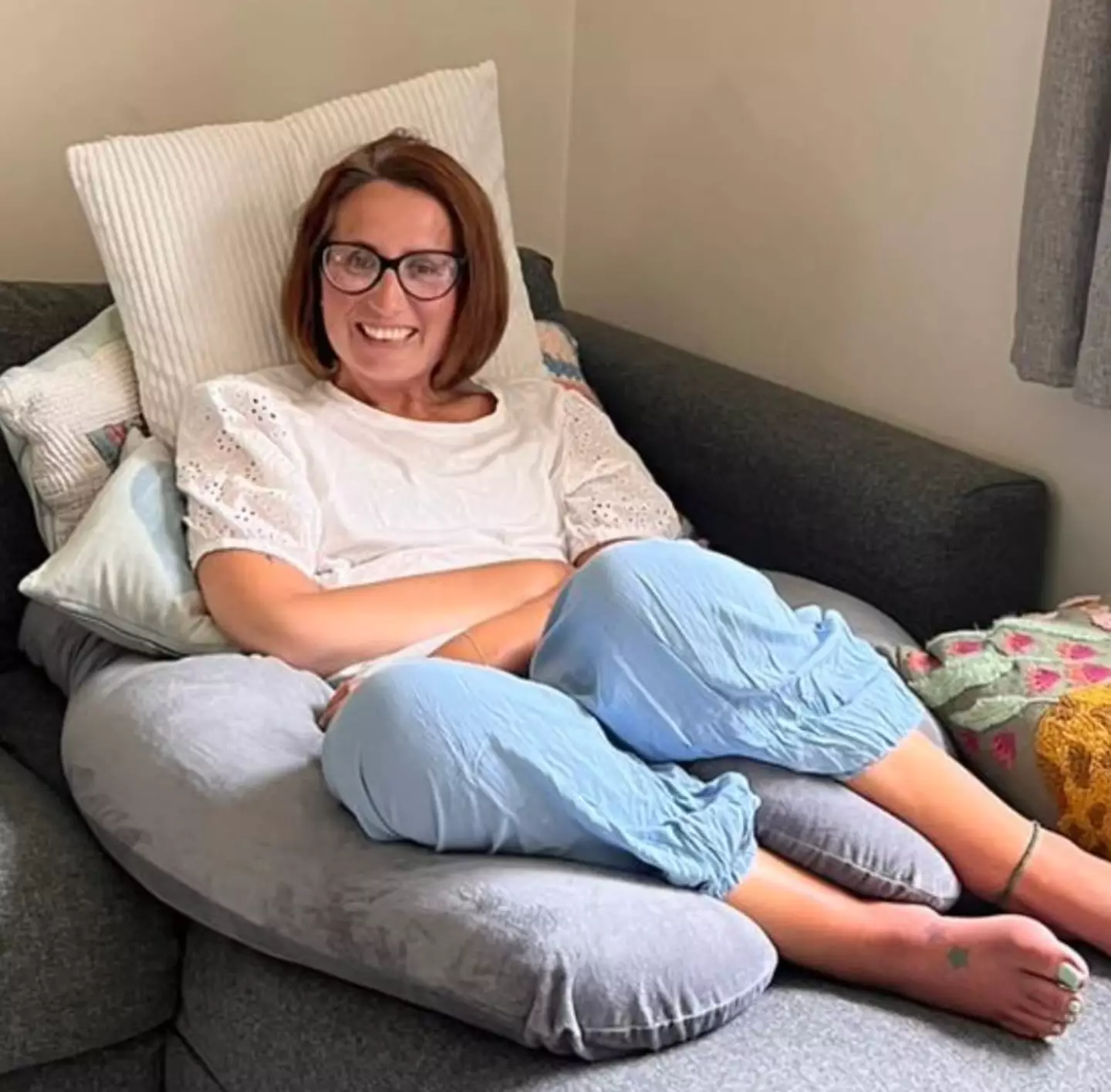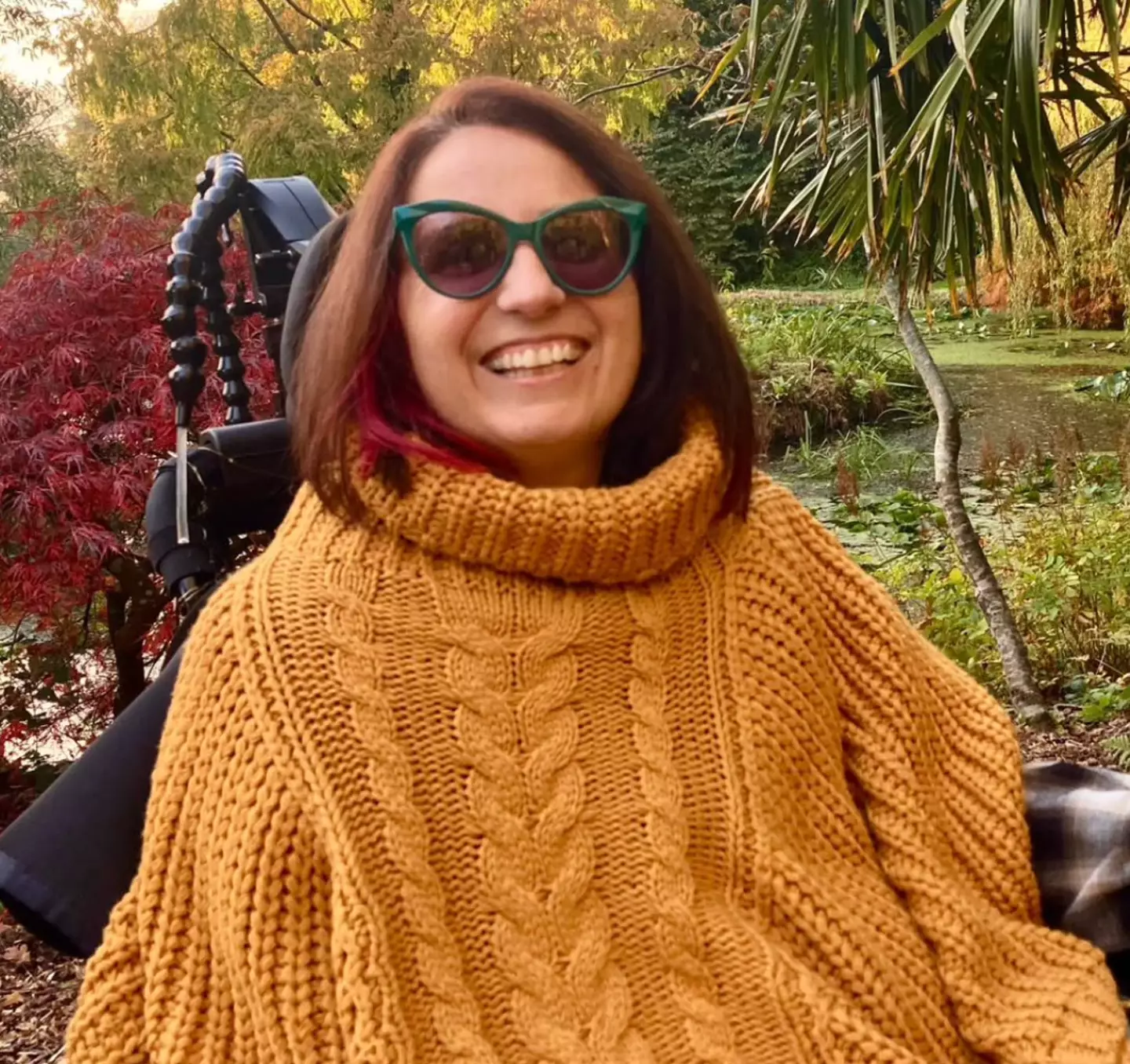
A mom with an illness she described as 'the worst disease possible' has tragically died.
Two years ago, Emma Bray was diagnosed with motor neurone disease (MND) - a terminal illness that worsens over time.
Knowing that her condition wouldn't improve, Emma made the heartbreaking decision to stop eating and drinking in a bid to end her life as assisted dying is currently illegal in the UK.
She didn't want her children to see her succumb to MND, which she branded as 'the worst disease possible'.
Advert
Emma's death was announced on her Instagram page three days ago.
Emma's final statement

In a pre-penned post, the mom-of-two wrote: "If you are reading this then I've finished my final spin round the sun.
"I've lived a very good life, surrounded by love, music and laughter and I want this to continue in my memory.
"Rather than shed a tear (or whilst you do) please plant a tree or call a friend, do a random act of kindness or take time to watch a sunset. For moments of doubt please ask 'what would Emma do?' and run with that probably inappropriate answer."
"Hug everyone a little tighter and love openly," Emma added.
What is MND?
The NHS' website states that MND 'causes muscle weakness that gets worse over a few months or years'.
"It's usually life-shortening and there's currently no cure, but treatment can help manage the symptoms," it adds.
What causes MND?

It's currently unclear why a person might develop MND. For a lot of people, it's thought that it comes down to a combination of certain genes, in addition to other factors.
Things may trigger MND however, says the Motor Neurone Disease Association. These triggers include lifestyle and environment such as high levels of exercise, exposure to agricultural chemicals, mechanical and/or electrical trauma, military service, and exposure to a variety of heavy metals.
What are the symptoms of MND?
Initial symptoms of MND include stiff or weak hands, weak legs and feet, and twitches, spasms or muscle cramps.
As the disease worsens, you might find that you start experiencing difficulty swallowing, drooling, changes in your mood and personality, and difficulty walking or moving.
The NHS adds: "The symptoms affect everyone differently. You may not get all the symptoms and how quickly they get worse can vary from person to person."
Is MND hereditary?

Reportedly, around one in 10 people with MND inherit it. However, if you have a family history of MND it doesn't mean that you will definitely develop the disease yourself because 'other risk factors are usually needed for MND to begin', the Motor Neurone Disease Association explains.
Its website goes on to state: "Inherited MND can happen when there is a change in a gene or genes that tell our bodies how to make or manage proteins in our bodies. A changed gene can be passed down from parent to child. Having a changed gene creates a higher risk of developing the condition, but does not mean you will definitely get MND."
You can find out more about the condition here.
If you have experienced a bereavement and would like to speak with someone in confidence, contact GrieveWell on (734) 975-0238, or email [email protected].